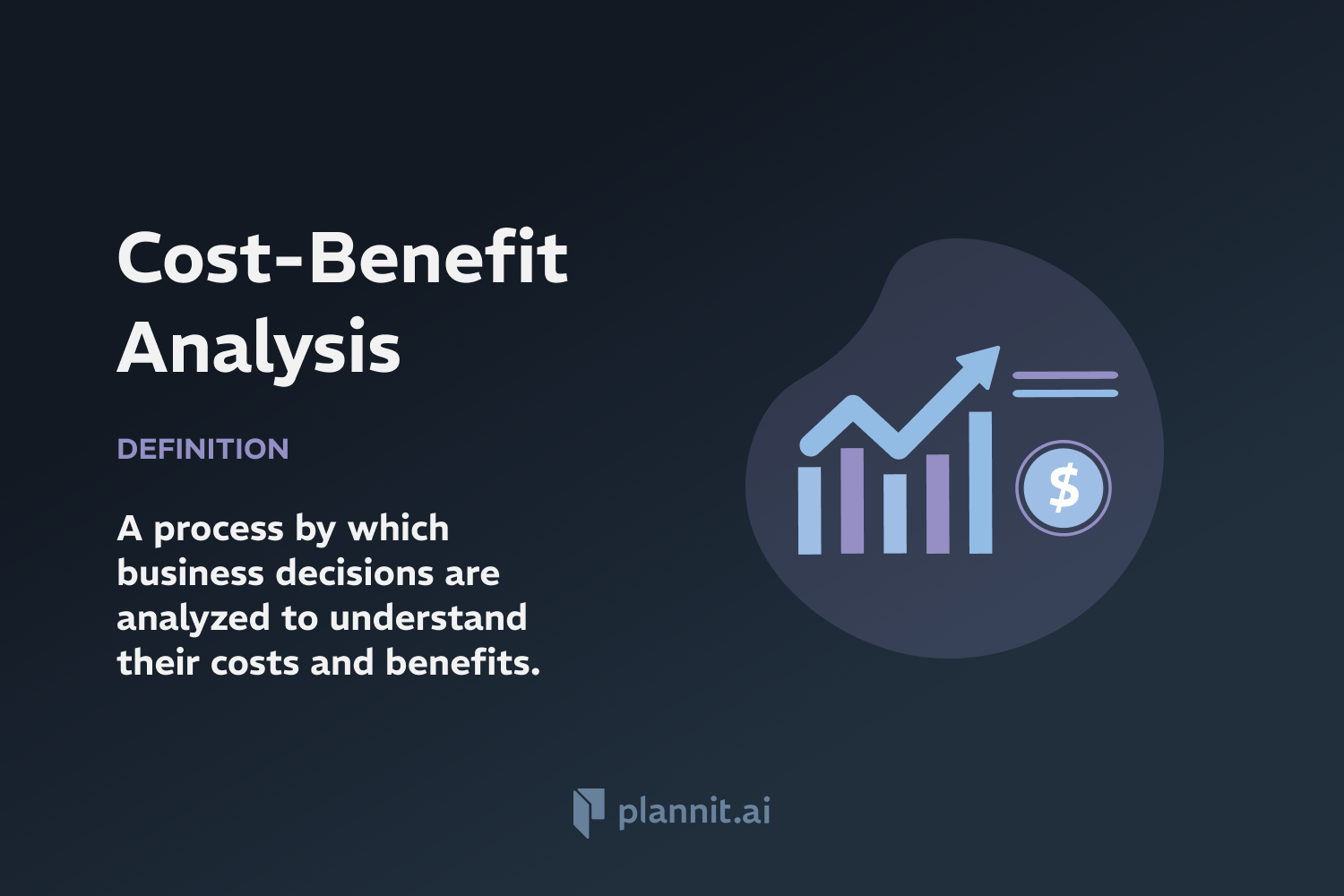Need Help With Your Business Plan?
Answer tailored questions and get a detailed business plan in minutes.
Allocation: Definition & In-Depth Explanation

Allocation in business refers to the process of distributing resources, costs, or revenues among various departments, projects, activities, or products within a company. It is a critical aspect of financial and operational management, ensuring that resources are used efficiently and effectively to achieve the organization's goals. Allocation can apply to budgeting, where funds are allocated to different departments based on strategic priorities, or in accounting, where overhead costs are allocated to various products or services.
Purpose:
The purpose of allocation is to ensure that resources such as capital, labor, and materials are distributed in a manner that supports the organization’s strategic objectives. It aids in cost control, decision-making, and financial reporting. By allocating resources appropriately, businesses can optimize their operations, enhance profitability, and improve their competitive position in the market.
Example:
A manufacturing company allocates its monthly budget among various departments such as production, research and development (R&D), marketing, and sales. The allocation is based on several factors, including projected sales, current projects, and strategic importance. For instance, if the company plans to launch a new product, it may allocate a larger portion of the budget to R&D and marketing to support product development and market penetration.
Related Terms:
Cost Allocation: The process of identifying, aggregating, and assigning costs to cost objects such as products, services, or departments.
Resource Allocation: The distribution of resources among competing groups or projects.
Budget Allocation: The process of distributing available financial resources among different departments, projects, or activities based on strategic priorities.
Capital Allocation: The process of deciding how to spend financial resources on different investment opportunities to maximize the return on investment.
FAQs:
How does a business decide on the allocation of its resources?
Businesses typically decide on resource allocation through strategic planning, budgeting processes, and performance analysis, taking into consideration factors like projected returns, market demands, and strategic objectives.
What are the challenges in resource allocation?
Challenges include accurately predicting future needs, dealing with limited resources, ensuring fairness and objectivity in distribution, and adapting to changes in business conditions or strategies.
Can allocation affect a company’s financial performance?
Yes, effective allocation of resources can significantly impact a company's financial performance by optimizing costs, improving efficiency, and targeting investments towards high-return opportunities.
How often should a company review its allocation decisions?
Allocation decisions should be reviewed regularly, at least annually during the budgeting process, or more frequently if the company operates in a fast-changing industry or if there are significant shifts in strategy or market conditions.
Is there a difference between allocation and reallocation?
Yes, allocation refers to the initial distribution of resources, while reallocation involves adjusting or redistributing those resources differently based on new information, priorities, or performance.
Get funding with a business plan that will impress investors.
Starting a New Business?



